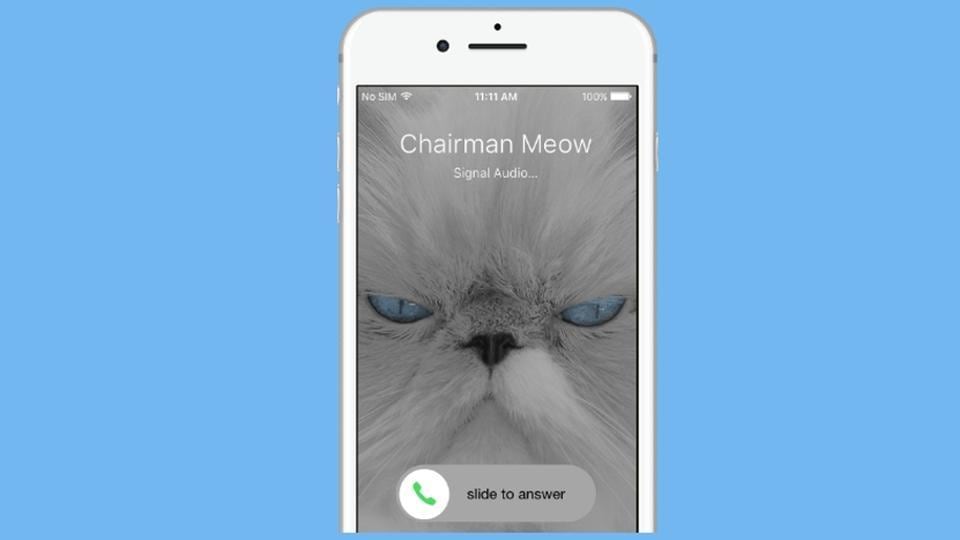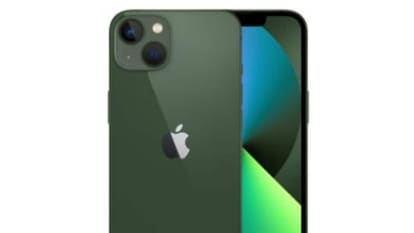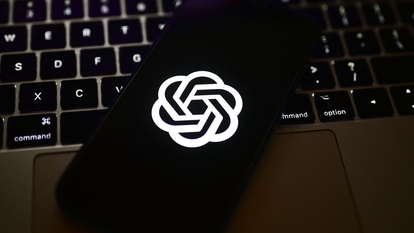Watch out WhatsApp! World’s most secure messaging app Signal is ramping up to take over
Marking its presence on the Google Play Store with more than 10 million downloads, Signal is well on its way to compete with WhatsApp.

WhatsApp is mighty popular but a lot of questions have been raised about security concerns despite the messaging platform boasting of end-to-end encryption. Also, the fact of its Facebook ownership has not exactly been very assuring. Facebook's track record when it comes to privacy hasn't been great with the social media giant only recently deciding to not add ads to WhatsApp.
Given that users aren't happy, there are two alternatives they can consider if WhatsApp was to be dropped - Telegram and Signal.
Signal has more than 10 million downloads on Google Play Store and it is only starting to compete with WhatsApp. However, what is going to matter for Signal are the special security features it can offer.
What's Signal all about?
The core users of the app are cybersecurity nerds, privacy experts and activists for now but going by the current political climate, we see this circle expanding.
Three latest updates in Signal include support for iPad, an image/video disappearing feature after viewing and customisable stickers.
Adding a feature in Signal is complicated as the app does not compromise with security. For example, "adding stickers to the Signal messaging app is not the same as adding the feature to any other messaging app. Keeping the privacy of users in mind, it uses 'stickers packs' that are encrypted with pack keys".
Also Read: WhatsApp's end-to-end encryption useless, says Telegram CEO
Signal supports images and videos that disappear after they have been viewed (like Snapchat and Instagram), stickers, emojis etc and it has also been announced that it will "trial support for storing encrypted contact details in the cloud" and will also offer a new system for group messages.
"The major transition Signal has undergone is from a three-person small effort to something that is now a serious project with the capacity to do what is required to build software in the world today," Moxie Marlinspike, creator of Signal and co-founder of the Signal Foundation, said.
Privacy focus, but easy for all
These features we have just talked about are not exactly privacy-conscious features that Signal spoke about, but they are 'enrichment features' that work for users who are more focused on usage and not so much the privacy factor.
"This is not just for hyperparanoid security researchers, but for the masses. This is something for everyone in the world," Acton said.
Signal's group chat changes "will allow administrators to add and remove people from groups without a Signal server ever being aware of that group's members. It's designed in partnership with Microsoft Research where an app uses 'anonymous credentials' for gatekeeping user entry into a group".
"It required coming up with some innovations in the world of cryptography. And in the end, it's just invisible. It's just groups, and it works like we expect groups to work," Marlinspike said.
The encrypted contact storing would also use a new system called "secure value recovery" which lets you create a contact book of Signal users which is stored - encrypted - on Signal's servers. The contact book is preserved as a you switch from one phone to the next and you can keep your Signal contacts separate from your smartphone's normal contacts.
Also Read: Telegram vs WhatsApp: The battle to keep your chats super private
The data stored on Signal is encrypted and cannot be accessed by your phone's operating system either.
This feature, if it works out successfully, "may form the foundation for Signal to do away with the use of phone numbers entirely". Currently, the company is dealing with worries that "adding more features introduces more room for vulnerabilities to crop up".
"I'll just say, this is something we're thinking about," said Marlinspike adding that secure value recovery "would be the first step in resolving that."
WhatsApp co-founder Brain Acton has invested $50 million in Signal's development and has also co-founded the Signal Foundation and has been an executive chairman since 2018. Given that Acton left WhatsApp amidst rows with Facebook colleagues, maybe there is a case for Signal here that can possibly trump WhatsApp.
WhatsApp's first version of end-to-end encryption was actually based on Signal's open-source encryption protocols. Acton left Facebook in 2018 after "having seen the company's attempts at dismantling the privacy offered by WhatsApp" and ever since has been involved in data privacy movements like #DeleteFacebook.
Also Read: Top 5 WhatsApp alternatives you can use
Catch all the Latest Tech News, Mobile News, Laptop News, Gaming news, Wearables News , How To News, also keep up with us on Whatsapp channel,Twitter, Facebook, Google News, and Instagram. For our latest videos, subscribe to our YouTube channel.


























